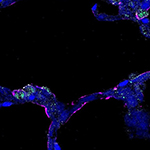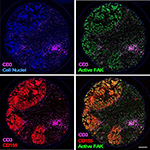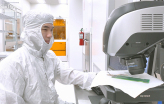Ambitious New Environmental Challenge Aims to Rewild 40 Globally Significant Island Ecosystems from
As island communities around the world suffer some of the worst effects of biodiversity loss and climate change, there is a critical need for conservation efforts that strategically benefit both islands and their interconnected ocean ecosystems.

















